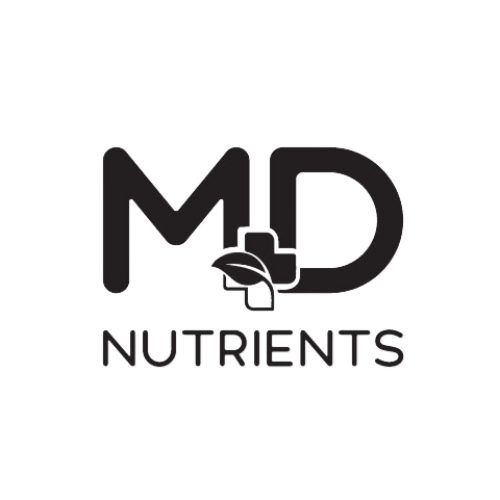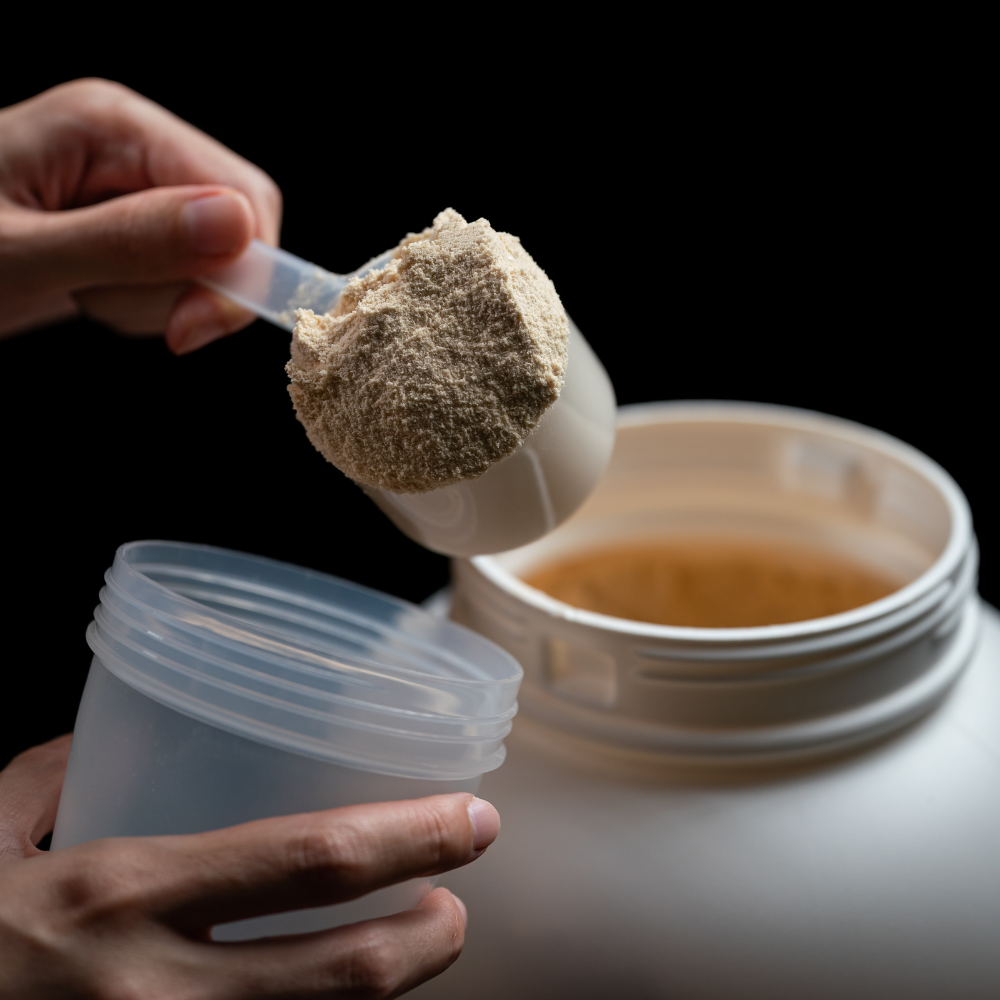Introduction: The Importance of Protein Protein is an essential nutrient that plays a key role in the body, especially for those looking to build muscle and support recovery. Composed of amino acids, protein serves as the foundation for muscle tissue, hormones, enzymes, and immune function. For athletes and fitness enthusiasts, protein is vital not only for achieving fitness goals but also for maintaining overall wellness. The best sources are often whole foods that offer a variety of nutrients beneficial for health and performance.
Benefits of Protein for Muscle Health Including sufficient protein in your diet can enhance muscle growth, support recovery, and contribute to overall strength:
-
Promotes Muscle Repair and Growth
Protein aids in the repair and growth of muscle tissues after exercise. Consuming protein after workouts can stimulate muscle protein synthesis (MPS), the process through which muscle tissue rebuilds and strengthens. This contributes to muscle growth over time. -
Supports Recovery
Protein helps repair muscle fibers damaged during intense workouts, reducing soreness and enabling faster recovery. This can be achieved through balanced meals with quality protein sources or, if needed, supplemental protein. -
Maintains Muscle Mass
Especially beneficial for those engaged in resistance training or managing calorie intake, adequate protein intake supports muscle maintenance. As we age, protein intake becomes even more important to preserve muscle mass. -
Increases Satiety
Protein is known for its satiating properties, helping manage hunger and cravings. Those looking to build muscle while managing weight may find that incorporating balanced, high-protein meals can support nutrition and fitness goals.
Whole Food Protein Sources When it comes to protein, whole foods provide not only amino acids but also a range of vitamins, minerals, and other beneficial nutrients:
-
Lean Meats and Fish
Sources such as chicken, turkey, and fish (especially fatty fish like salmon) offer protein alongside omega-3s, which are great for joint and muscle health. -
Eggs
Eggs are a complete protein and also contain healthy fats, choline, and antioxidants beneficial for muscle and overall health. -
Legumes and Nuts
Plant-based sources like beans, lentils, and almonds are rich in protein, fiber, and essential nutrients, supporting both muscle repair and digestion. -
Dairy Products
Milk, yogurt, and cheese provide protein and calcium, essential for muscle contraction and bone health. -
Whole Grains
Whole grains such as quinoa and farro offer protein with additional fiber and complex carbohydrates, supporting sustained energy and muscle maintenance.
Protein Supplements: A Supportive Tool While whole foods should form the foundation of your protein intake, supplements can be useful to fill in dietary gaps or support specific needs. Here’s a look at common protein supplement options:
-
Whey Protein
Derived from milk, whey protein is quickly absorbed, making it ideal for post-workout recovery. It’s rich in branched-chain amino acids (BCAAs), which are beneficial for muscle repair and growth. -
Plant-Based Protein
Options like pea, hemp, and brown rice protein are excellent for those with dietary restrictions. Blending plant proteins can ensure a complete amino acid profile. -
Casein Protein
Casein, another milk-derived protein, is absorbed slowly, making it a good choice for overnight recovery. This gradual release of amino acids supports muscle repair over a prolonged period.
Choosing the Right Protein Supplement When choosing a protein supplement, consider the following:
-
Quality and Purity
Look for high-quality brands that avoid unnecessary additives or artificial sweeteners. Reputable brands often undergo third-party testing for purity. -
Types and Timing
For example, fast-digesting protein like whey may work well after a workout, while a slower option like casein can be helpful before bed. -
Budget and Dietary Needs
Protein supplements can vary widely in price. Choose a product that fits your budget and dietary preferences without overspending.
Integrating Protein into a Balanced Diet To optimize the benefits of protein for muscle growth and recovery, incorporate it thoughtfully:
-
Focus on Protein-Rich Meals
Distribute protein intake evenly across meals and snacks to support continuous muscle repair and meet daily needs. -
Pair Protein with Whole Foods
Combine protein with fiber-rich whole grains, healthy fats, and a variety of vegetables for balanced meals that support overall nutrition. -
Stay Hydrated
Hydration is essential for protein metabolism and muscle function. Drink plenty of water throughout the day, especially when increasing protein intake. -
Exercise Regularly
Physical activity, particularly strength training, is essential for maximizing protein's benefits for muscle growth and maintenance. Regular movement also enhances circulation, supporting recovery.
Conclusion: Empower Muscle Growth with Balanced Nutrition Protein is a cornerstone of muscle health, supporting growth, repair, and overall strength. While whole foods provide an ideal foundation, supplements can offer added support for those with increased needs or specific goals. By focusing on balanced nutrition, incorporating physical activity, and staying hydrated, you can maximize protein’s benefits for your body. Prioritizing a holistic approach to muscle health helps you achieve sustainable fitness and wellness goals over time.


